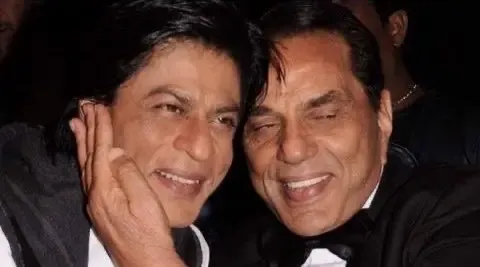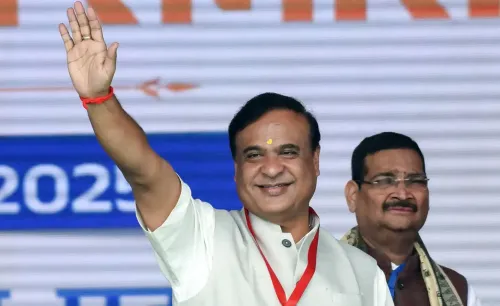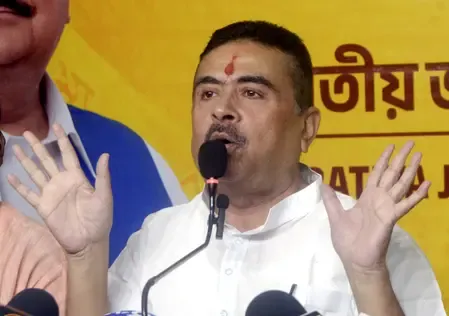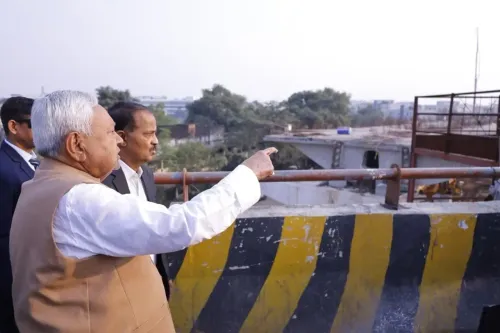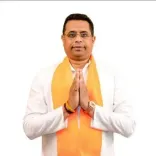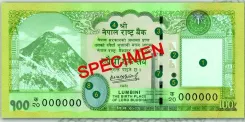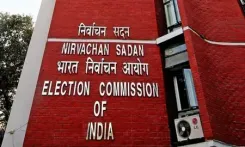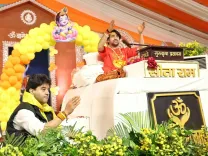Why Are Ayyappa Devotees Protesting Against Denial of 'Deeksha' Permission to a Hyderabad Cop?

Synopsis
Key Takeaways
- Protest initiated by Ayyappa devotees against police memo.
- Memo denies police officer permission for religious practices.
- Political backlash emphasizes religious freedom concerns.
- 40-day Ayyappa Deeksha practices include strict rituals.
- Discussion on balance between duty and personal beliefs.
Hyderabad, Nov 27 (NationPress) The refusal to grant permission to a Sub-Inspector of Police in Hyderabad to observe specific Ayyappa Deeksha rituals during duty hours has ignited a protest among devotees here on Thursday.
In response to a memo issued to the SI by the South East Zone Police, devotees alongside Bharatiya Janata Yuva Morcha (BJYM) rallied in front of the Director General of Police (DGP) office.
Tension escalated in this high-security zone as the protesters, donned in black attire with saffron scarves, attempted to breach the premises.
Law enforcement intervened to prevent the protesters, who were chanting slogans against both the government and the police, from advancing. The demonstrators were subsequently detained and transported in police vehicles.
A parallel demonstration occurred outside the South East Zone DCP's office, where the attendees brandished saffron flags demanding the police retract their denial of permission to the SI.
The controversy arose when an internal memo, made public on Wednesday, denied the SI permission to engage in Ayyappa Deeksha practices while on duty.
This memo, referring to previous guidelines, prohibited the SI from growing hair and beard, wearing black civil attire, or going barefoot as part of the ritual observed over a 40-day period known as 'Ayyappa Deeksha'.
S. Krishnakanth, the SI stationed at the Kanchanbagh police station within the Hyderabad commissionerate, had requested exemptions to participate in the Ayyappa Deeksha.
Many devotees from Telangana and Andhra Pradesh undergo this Deeksha, adhering to strict regulations like consuming only restricted vegetarian meals and maintaining celibacy.
Participants typically wear black robes, refrain from shaving, and avoid footwear, culminating in a pilgrimage to Lord Ayyappa at Sabarimala in Kerala.
The directive dated November 20 explicitly stated that no police personnel may adopt religious garb or practices while on duty, recommending those wishing to observe Deeksha to apply for leave.
"If any police personnel wish to observe 'Deeksha', they should apply for leave to do so," the memo stated.
Political leaders and Hindu organizations have reacted strongly to this memo, deeming it discriminatory.
The Telangana BJP vehemently criticized the memo, questioning if the Telangana Police Department now operates under the "diktats" of All India Majlis-e-Ittehadul Muslimeen (AIMIM) and demanded the immediate retraction of the order by Hyderabad Police.
Telangana BJP president Ramchander Rao labeled the order as "anti-Hindu" and "discriminatory", arguing that the government should not interfere with the personal religious practices of police personnel.
"It is outrageous that only a policeman undertaking Ayyappa Deeksha has been issued a memo by police leadership. To appease AIMIM leaders, the Congress government has been exhibiting an anti-Hindu stance from the outset. The citizens of Telangana must unite against this," asserted Ganesha Kunde, state president of BJYM.
VHP national spokesperson Ravinuthala Shashidhar expressed condemnation of the memo as "anti-Hindu" via a post on X, emphasizing the necessity to respect Hindu beliefs and religious sentiments.
Additionally, BJP and VHP leaders highlighted the permission granted to Muslim government employees to leave work early during the Ramadan fasting month.

